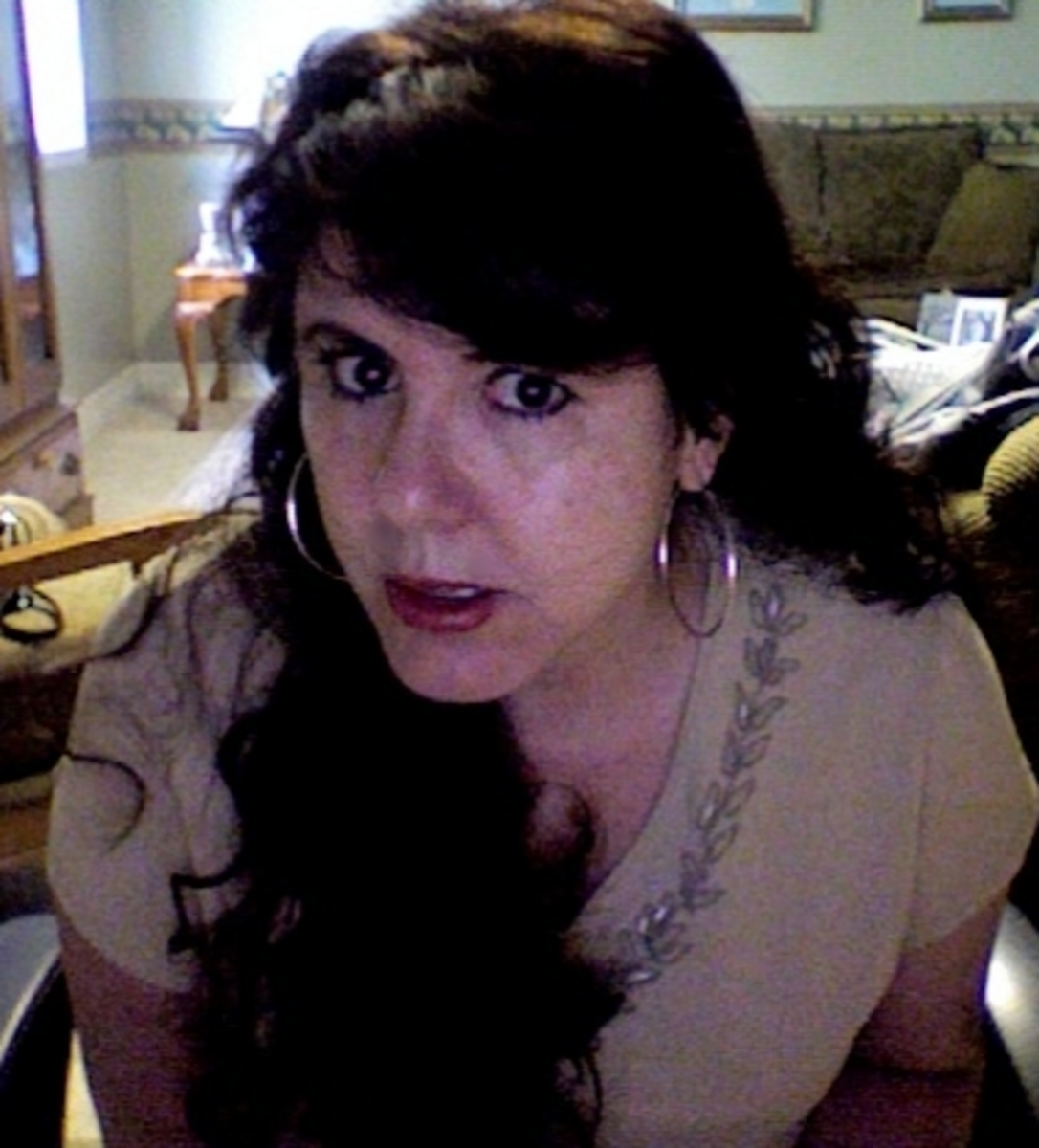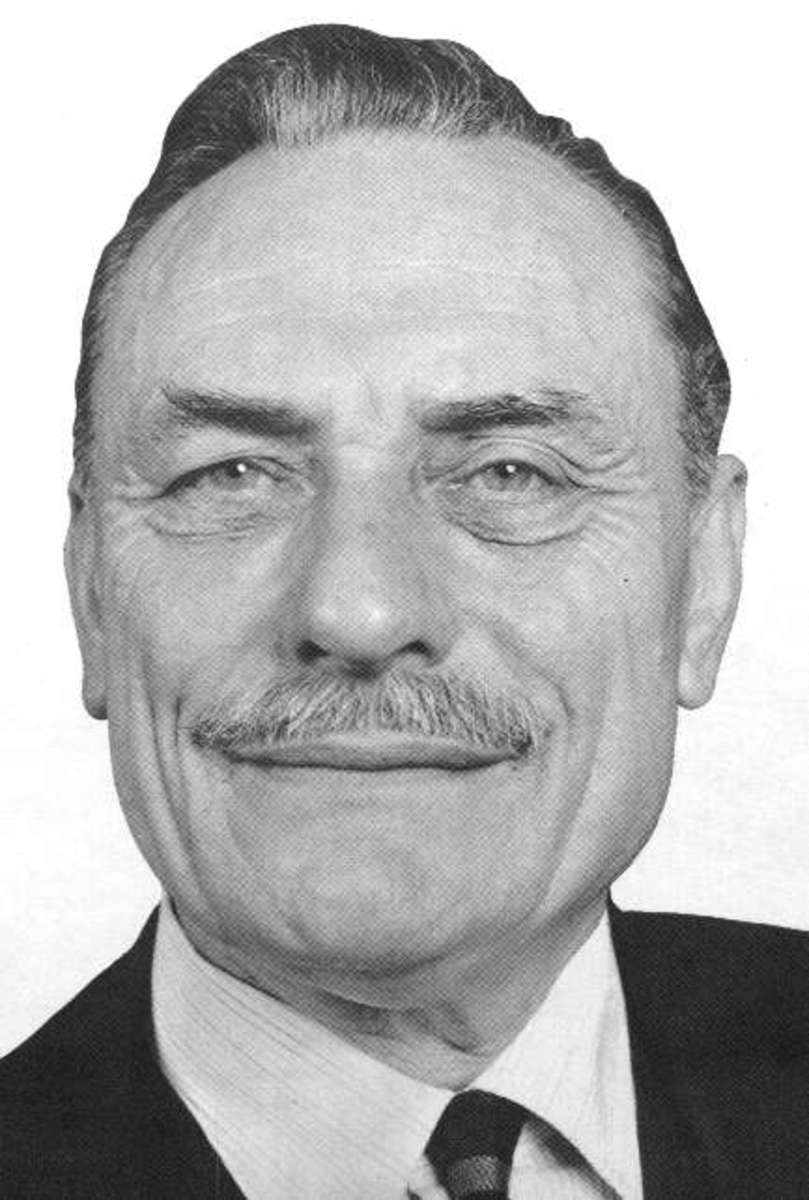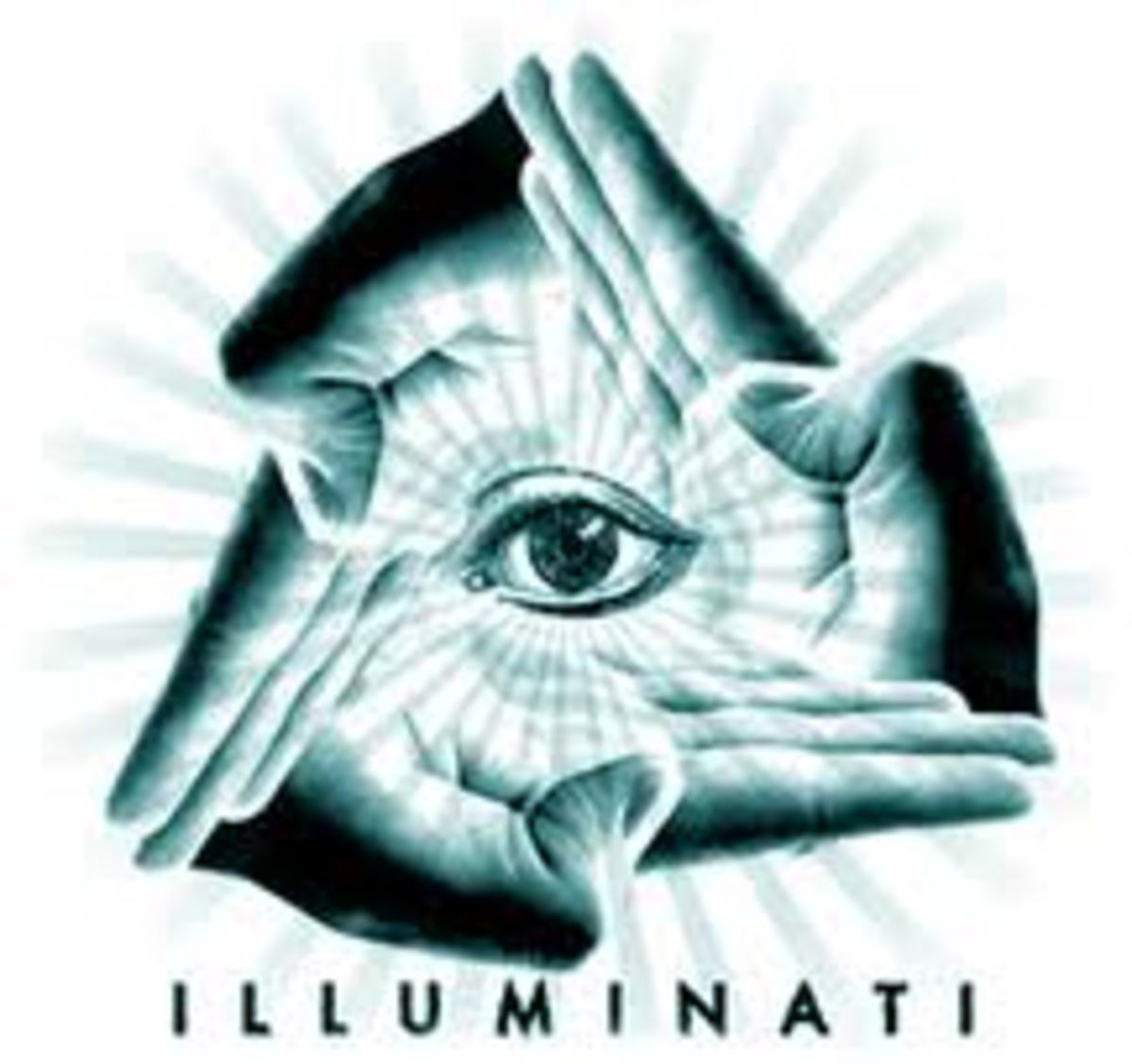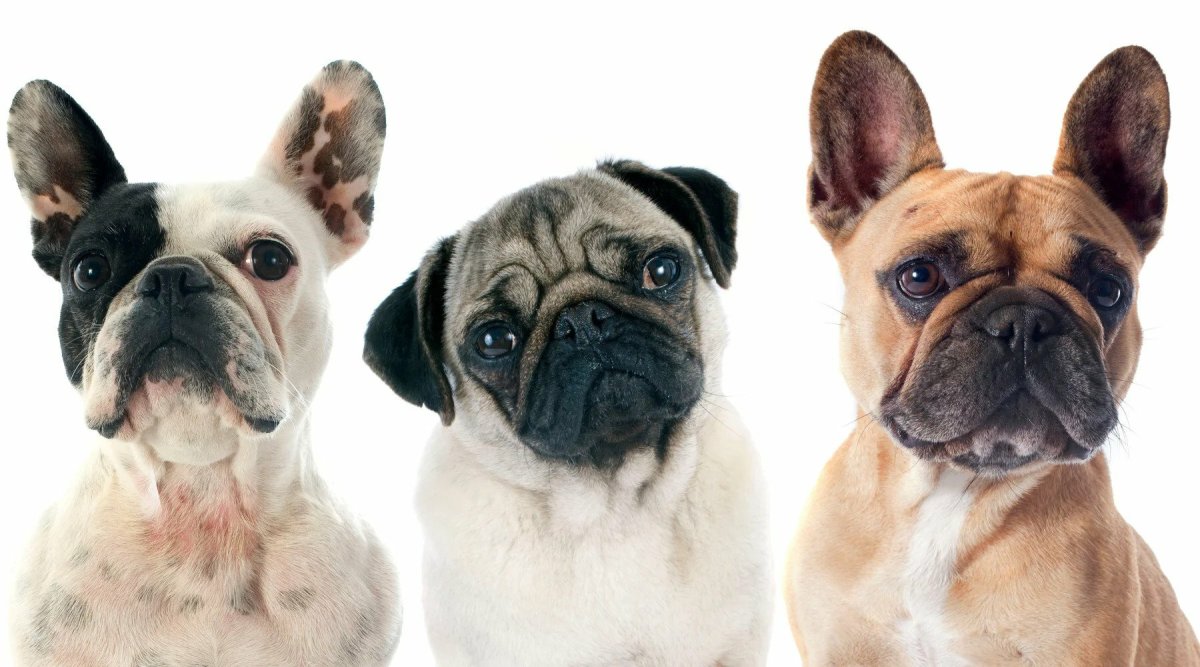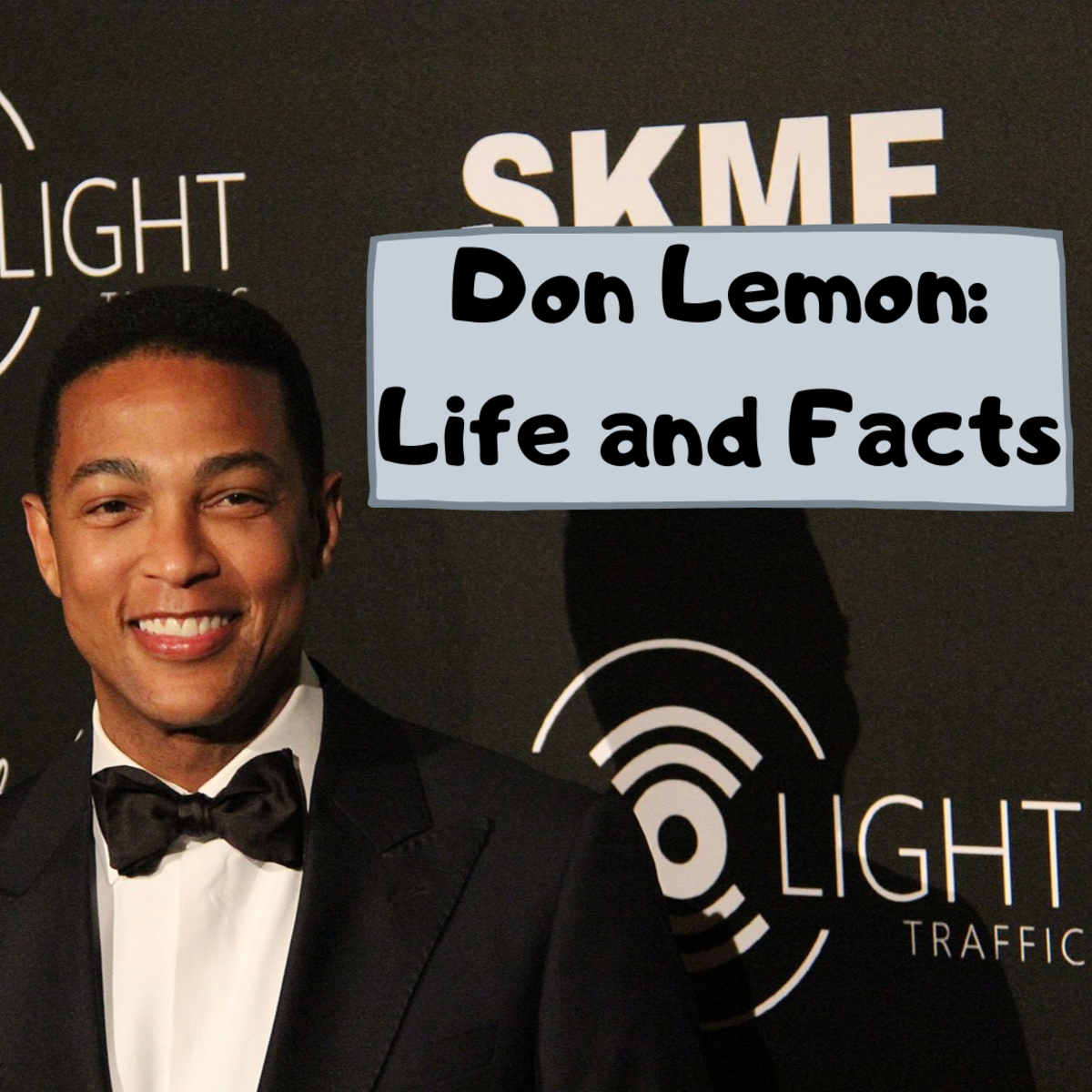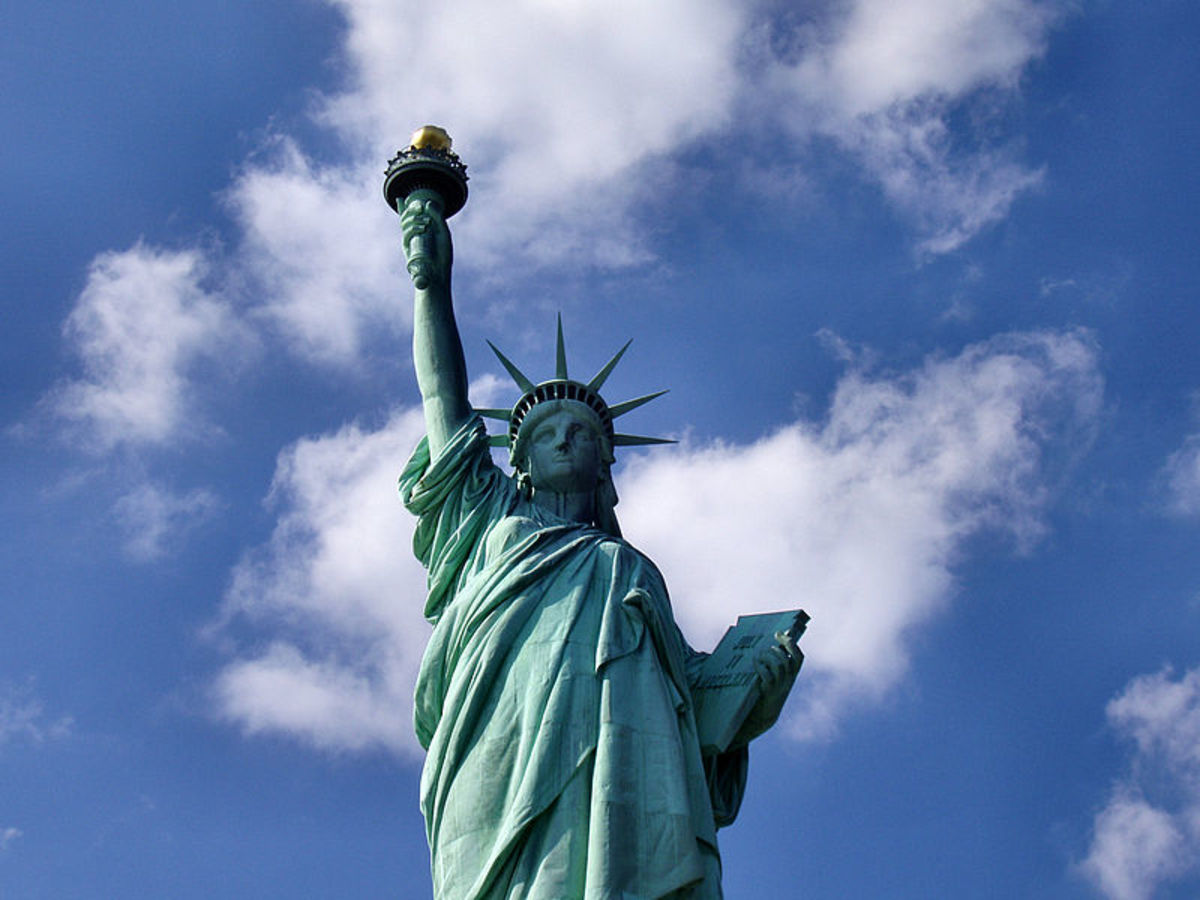What Is Freedom and Why Are People Willing to Die for It?
By Mirna Santana
What is freedom?
"Freedom is the right to choose: The right to create for yourself the alternative of choice. Without the possibility of choice a man/person is person but a member, an instrument, a thing ."--Archival McLeish
What does freedom means to you?
Do you feel any constraint at the present moment? Do you experience any restrictions, economical, political, physical mobility? Are you restricted in your ability to make choices?
Even those who are free appear to experience lack of freedom. Usually we think that a person who is not free is perhaps enslaved or deprived of its freedom because of his/her own doing, or because of their ideologies, issues of power or other factors--yet that is not always the case. Many people who are walking ''free" on the streets around the world experience some type of restrictions of their freedom. I have feel restricted at times, perhaps you too have experience the sense of being impeded of making your own choices. But, is it possible that at least in some cases you selected against your own freedom?
Why does people feel restricted? One reason, in the existence of governments, and the laws that restrict or limit our choices. Societies, at least the so call democratic societies, select their own governance systems--but the individual may not feel that he/she had a saying regarding certain regulations. Besides that, society or our cultural/family upbringing also play a role in the ways we experience freedom or lack of it. An example of these is when people are restricted of certain behaviors because of religious beliefs.
Albert Camus said that freedom is nothing but the opportunity to better ourselves. And if that is so, we may wonder why people would choose to conduct themselves in ways that prevent them from being 'free', according to our definition of freedom. Why do we fail to understand freedom as one of the greatest truths Ashley Montagu wondered. Is there something intrinsically wrong with us, or those who don't recognize freedom as their human right?
The idea of freedom of one individual may clash with the idea or boundaries of another individual or the society. Individuals may be in conflict with certain rules of society but not all. Society seeks to provide norms for the majority, which may cause conflict to the few or even to most people to different degrees. The sole existence of regulations troubles those who reject authority. And those who reject the norms sometimes have the power to change the societies they live in. They may also have the power to move a society into another state. Interestingly enough, the portion of society that disagree or disregard the rules or seek to change them, may include a broad spectrum of people, the leaders as well as the criminals.
Ramsey Clark points out that there is no real conflict between liberty and safety. We either have both or neither. Thomas Jefferson also thought that there is a sort of dance between freedoms and restriction of freedom--and the members of the society decide when to let go and when to withheld 'freedom'. He said,
"The natural progress of things is for liberty to yield and government to gain ground."
It is even paradoxically that institutions such as the military systems that prepare individuals to 'fight for freedom'--also restrain these people's freedom. I wonder if they do realize so.
It looks like there are several ways to experience freedom. The citizen freedom of speech guaranteed by constitutional rights, by the laws of the nations--supposedly. Yet, to guarantee such rights the governments have policies and agencies to enforce them. The police, the especial agencies, the military systems that not only are enforcers, but also act in some cases as instigators of fear. These systems are set up in ways that people give up their freedom almost without thinking or realizing it. Sometimes people are grateful for the way the are protected--and coerced at the same time. In the US, the Patriot Act represents this giving up of freedom in exchange of security. Yet, there are innumerable manifestations of these principle across a diverse array of societies around the world.
Mark Twain says that ''It is by the goodness of God that in our country [or the world]--we have those three unspeakably precious things: freedom of speech, freedom of conscience, and the prudence to never practice either of them."
Are we humans train to self-restrain ourselves or give up our freedom of choice?
And is it the freedom of my neighbor also my limitation? Benito Juarez a Mexican president said, the respect for other peoples rights means peace. Are we always willing to respect others people boundaries? If we would do so there would not be conflicts or war. Sometimes we walk on the invisible boundaries that are the sacred spaces of our family, our neighbors, or our friends without even noticing it...until it is late.
Perhaps, this happens because we do not know better. Frank Kafka said that we are free and that is why we are lost. Freedom is undefinable, and learning what it means for us is part of our living.
We fear to lose our freedom, yet if we are already free nobody could rob us from being who we are. This type of thinking is called by some people, philosophical, spiritual or the freedom of the human spirit. It implies a state beyond the physical or perhaps constraint by the physical. This kind of thinking allowed many people to survive restrictions of physical freedom, for example the holocaust.
Please, tell me what freedom means to you? Are you free? Are you feeling controlled by economical or other power system or by another person? Is that a physical restriction or a psychological or self-imposed restriction?
Are you free but you feel lost? Are you growing your understanding about the responsibilities of being free? Because being free is not easy. Former prisoners sometimes commit minor crimes to go back to the structured system that had just released them. Erich Fromm said "Man achieve freedom from--without yet having achieved freedom to--to be himself, to be productive, to be fully awake." Where are you? Are you reclaiming your freedom to be you?
Notes: The quotes are from Peter's Quotations, ideas for our time. William Morrow and Co. 1977
© 2012 MSantana

